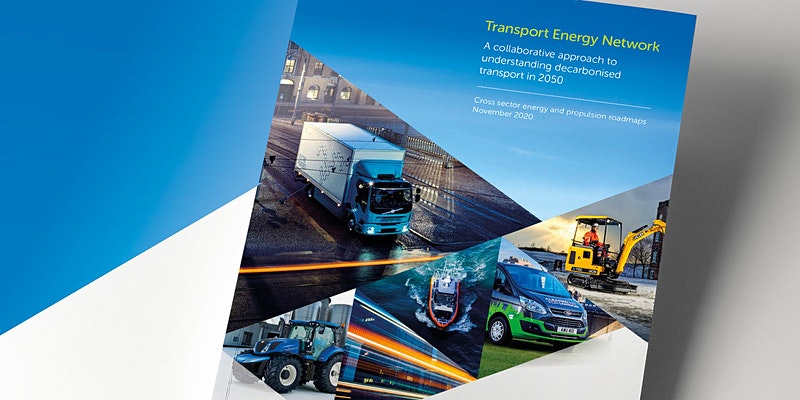9 November 2020
The Transport Energy Network was initiated to accelerate transport decarbonisation, supported by the Advanced Propulsion Centre, LowCVP and the University of Brighton. Set up to address 2050 targets for Net-Zero GHG emissions, it considers different transport modes (on road, off highway, marine, rail and synergies with aerospace sector), looking at strengthening the UK supply chain. Network activities are designed to encourage collaboration between communities and provide evidence to support policy development in this area.

As evidence of the detrimental impacts of climate change increases, rapid reductions in emissions of greenhouse gases are vital. The transport sector is both the largest emitter of greenhouse gases (GHG) in the UK and one of the most difficult to decarbonise. Urgent action is needed to develop and drive adoption of technologies to rapidly reduce emissions in this sector.
In response to this challenge, the Advanced Propulsion Centre (APC) and Low Carbon Vehicle Partnership (LowCVP) initiated the Transport Energy Network (TEN) which is working collaboratively to accelerate transport decarbonisation. The network held a programme of workshops to share and improve understanding in the technology and fuels needed to deliver the net zero 2050 targets across the transport modes. These workshops focused on two key questions:
— What are the technology pathways to net zero across transport sectors?
— What are the enablers for these pathways?
Roadmaps were then developed considering different transport modes, energy vectors and propulsion solutions. Key findings and recommendations from these workshops are captured in this report.
To find out more information.